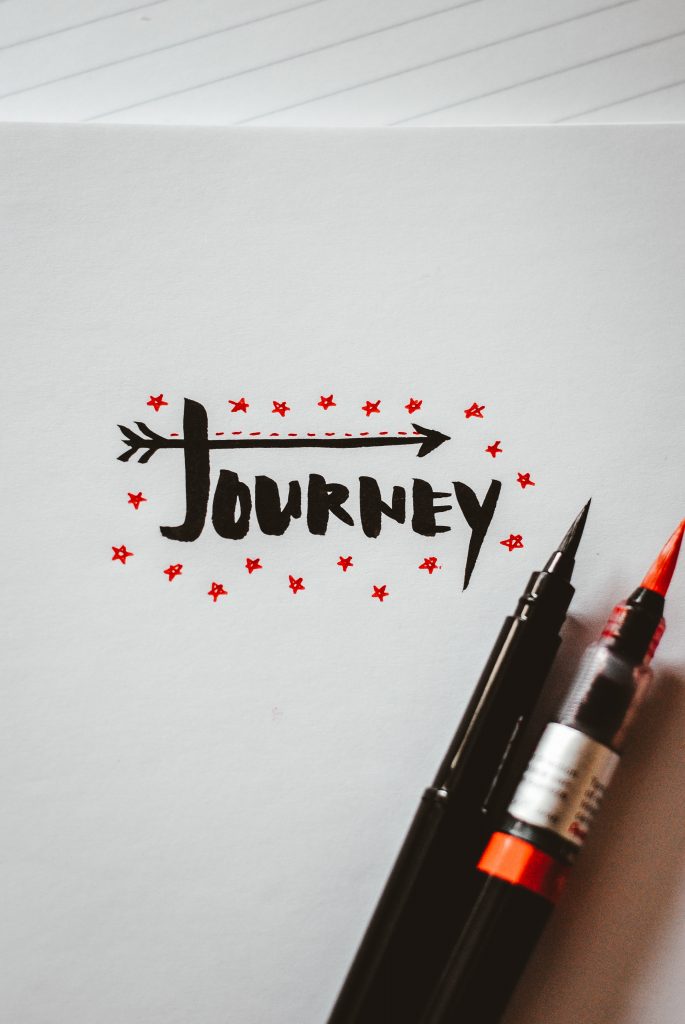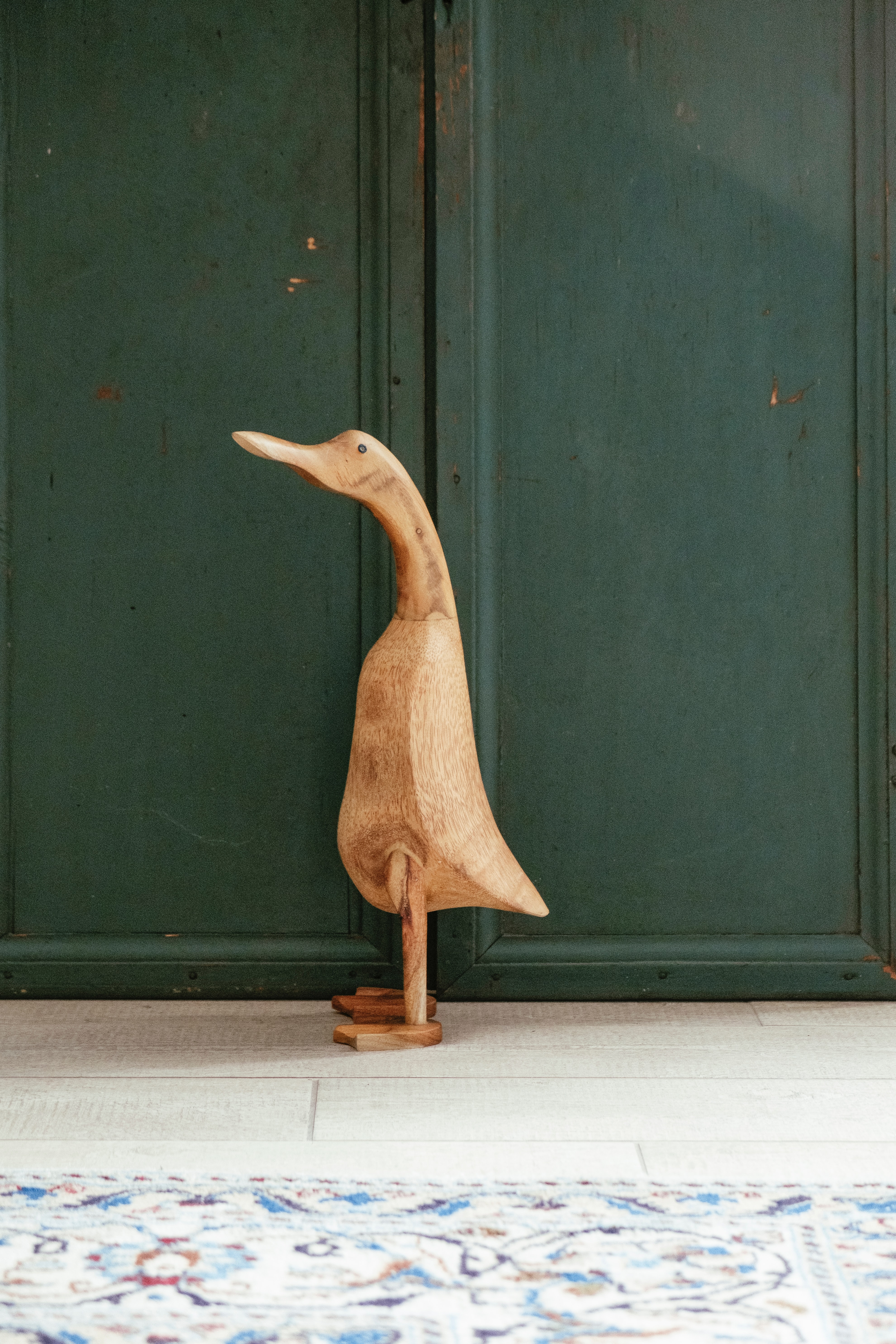
You’re at a crossroads. Deep down you know what you want and need to do. You just need someone else to say it’s ok.
I spoke to a new client called Maira. She’d just left her current job, partly because the situation had changed due to covid and the job wasn’t quite the same. Partly because it wasn’t challenging her anymore, and she didn’t feel as though she was learning and growing. And partly because she and her boyfriend wanted to travel a little, to The Netherlands to spend time with his family, to Brazil to spend time with her family.
So she was at a happy crossroads, with enough savings to keep her going for a few months without work – but with a few ideas floating around and unsure exactly what to do next in terms of her career.
She had a couple of options – find a job with a company, working remotely, ideally as a community manager. Or set up her own business as an events planner, which is her ultimate dream.
Ultimately she knew what she had to do – find a decent job where she could work remotely – for now. It doesn’t have to be forever. A job that she finds interesting, maybe challenging, with a decent salary.
Then a little way down the line, she can start on her own business slowly, on the side.
As we were talking I could sense her relief in having someone agree with her, and back her ideas. She started to see things much more clearly – the crossroads was morphing into a vision and a plan.
We discussed how her next job might help in setting up her future business; she’ll learn new things, have new ideas, build up more contacts. She can enjoy a stable income and get started one her own business when the time is right.
Maira also wanted to talk about a personal project she was thinking of getting started on, which was writing more. She thought writing a blog might be useful. It could be a way to get her thoughts out, and to talk about her career speciality which is building communities. But she could also share her experience of living in a foreign country. She always used to love writing but hadn’t done much of it recently. I thought this was a brilliant idea.
Starting your own little side project gives such a boost to your confidence and motivation. You’re working on something you’re really excited about, you’re creating, you’re working out how you want to do things. In this instance, you’re learning all sorts of things, like how to set up a website, and you’re refining your writing.
Maira was wondering which audience to write for, in which language (she speaks three), and which topic in particular. I recommended that she just get started. See how it flows, see what comes easily to her, what she enjoys writing about. She could share it with her friends, family and network, and see what feedback comes back. That will inform her direction. And, even better, it could be a really good way of sharing her experience with potential employees and clients.
They could get to know her through her writing, get a better sense of her personality, read about her experience. She could share the blog on her LinkedIn profile, as this is one of the platforms she is using to find a new role.
Also – looking for a job can be so hard when you have the whole day to fill. You can easily procrastinate, do a bit of searching then give up, feel guilty, and not know what to do with yourself. Maira had already decided on a routine of spending four hours a day on her career change. A couple of hours to research and apply for jobs, a couple of hours to do online learning courses. She could build writing into her routine, and really enjoy the benefit of having a few different projects to get on with in the morning, each motivating her and moving her on in the right direction, then have the afternoons free.
For now Maira is going to carry on with the job search – with a targeted approach. She’ll research companies she likes the look of on LinkedIn. I recommended finding people in community manager roles and see what their experience is, see what they are posting about. Maybe contact them for advice. She’s also going to be even more active on LinkedIn, posting regularly, adding video testimonials of people she’s interviewed to her profile, asking for and writing testimonials, and being as present as possible.
And she’s going to get started on her new blog.
But she’s also going to give herself a break to spend time with her family. I think that if you can, that’s one of the best things you can do after leaving a job. Get away, have fun, get some perspective, shed the skin of your former role. You’ll come back refreshed and ready to go.
When she returns at the start of the new year we’ll regroup, see what the progress has been, discover if anything has changed, and move forward from there.
If you’re at a career crossroads and would like my help, contact me. Find me at Linkedin or email me at joaopoku@gmail.com.
Photo by Alex Kalinin on Unsplash




